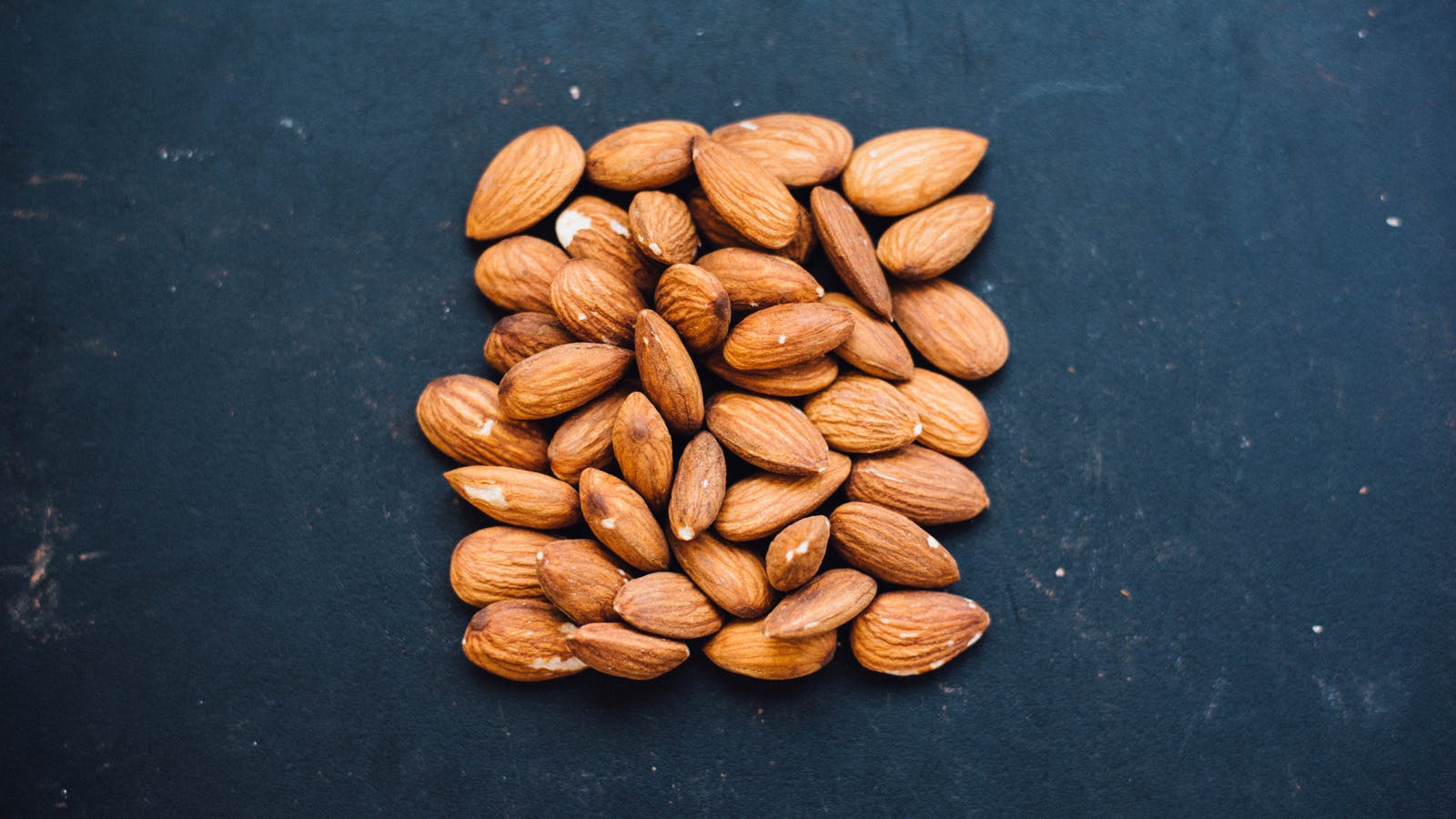We have always been told: a diet rich in fiber guarantees good transit and good elimination of waste, a sort of intestinal broom. But in reality, fiber is mainly beneficial to us because it feeds our intestinal flora, also called microbiota. This famous microbiota is of capital importance for our health , and when it is too poor or unbalanced, we are more prone to experiencing digestive, dermatological and even emotional disorders.
Beyond their soluble or insoluble nature, it is the so-called fermentable or prebiotic fibers that we must favor. Because when beneficial gut bacteria eat prebiotic fiber, they produce short-chain fatty acids (like acetic acid, propionic acid, and butyric acid) that are extremely beneficial sources of energy for the body . contribute to the regulation of metabolism and transit and help the absorption of minerals , such as calcium, magnesium, copper, zinc and iron.
Here are 4 tips to best nourish your small intestinal bacteria:
- Eat fruits, vegetables and seeds rich in fermentable fiber daily . Vary the sources!
- Eat fruits whole rather than in juice form, and eat them with the skin when they are organic (it contains a high amount of fiber).
- Eat legumes several times a week if you are an omnivore, daily if you are vegetarian (they are also one of the best sources of plant protein). It is recommended to soak them for 24 hours before cooking them, to make them less irritating.
- Prefer whole grains and flours to their refined versions (while keeping in mind that their fibers are mostly insoluble and non-fermentable, and therefore do not play a big role from a nutritional point of view. Oats are a exception.)
What are the richest foods in fiber?
- Vegetables : garlic, artichoke, asparagus, beets, broccoli, carrots, mushrooms, Brussels sprouts, squash, onions, parsnips, leeks, potatoes (also mashed), Jerusalem artichoke, spinach (preferably boiled).
- Fruits : apricot, green banana, plantains, cherry, lemon, kiwi, coconut, pear, orange, watermelon, grapefruit, apple, grapes, figs or dried figs, prunes, raspberries, blackberries, currants,
- Legumes (red or white beans, chickpeas, lentils, peas)
- Whole grains : oats and barley (whole grain bread to favor)
- Seeds, nuts and almonds
If you have intestinal sensitivity and difficult digestion, here are some additional recommendations:
- Favor the consumption of cooked fruits and vegetables because cooking makes the fibers more digestible and less irritating.
- Never forget to soak legumes and cereals 24 hours before cooking, again in order to make the fibers in the latter more digestible, less irritating and to facilitate intestinal transit.
Sources:
- Prebiotic nutrition - Jesus Sanchis and Xavi Cañelas
- https://www.hsph.harvard.edu/nutritionsource/carbohydrates/fiber/

